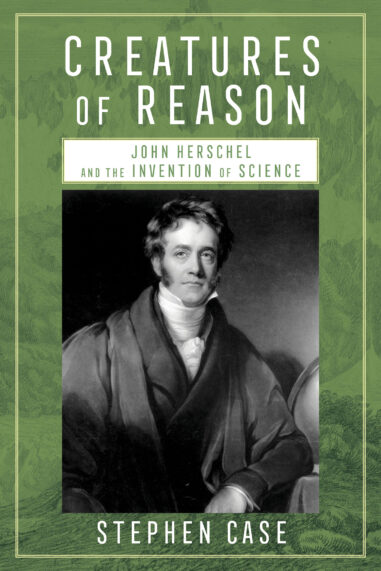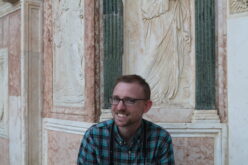In his lifetime, John Herschel was Britain’s best-known natural philosopher, a world celebrity, and arguably the first modern scientist of the generation in which the term itself was invented. The polymath son of William Herschel, discoverer of Uranus and constructor of the world’s largest telescopes, Herschel took highest honors as a student at Cambridge, conducted groundbreaking work in chemistry and optics, helped establish a mathematical revolution, extended his father’s astronomical surveys to the entire sky, and wrote the popular texts by which a generation of readers learned what it meant to do science. Along the way, Herschel gave to natural philosophy the contours of modern science, defining scientific theories as “creatures of reason rather than of sense.” His creatures of reason could also refer to a new type of scientific practitioner: the natural philosopher beginning to transition into the modern scientist. With this book, Stephen Case encompasses Herschel’s impact on mathematics, chemistry, geology, and optics as well as the organization of science and its relation to government, society, and culture, revealing Herschel’s transformation of the practice of science itself. Drawing on his unpublished manuscripts, correspondence, and notebooks from archives in London, Cambridge, and Austin, this book contributes significantly to our understanding of the early life and career of the nineteenth century’s most influential natural philosopher.


